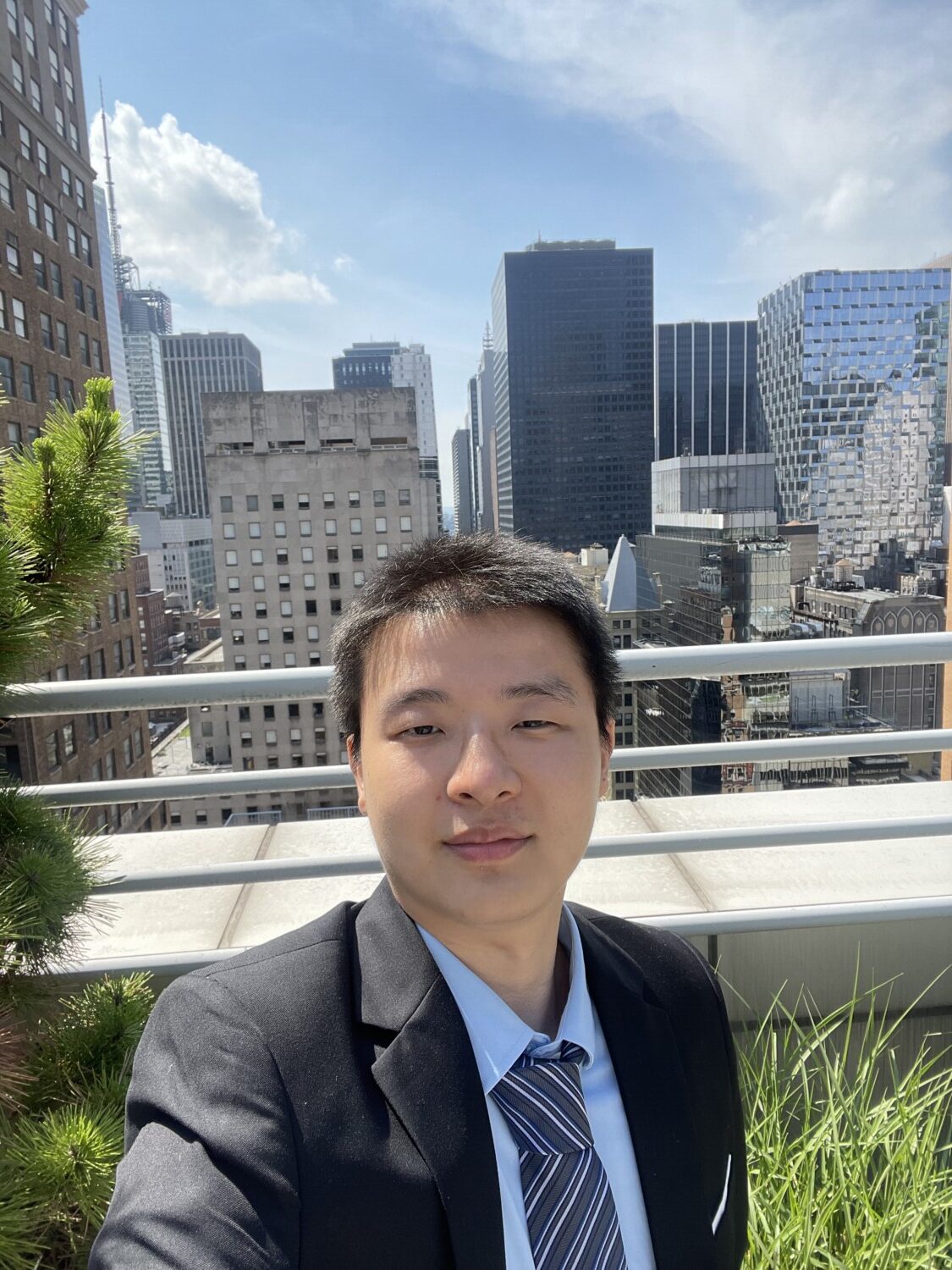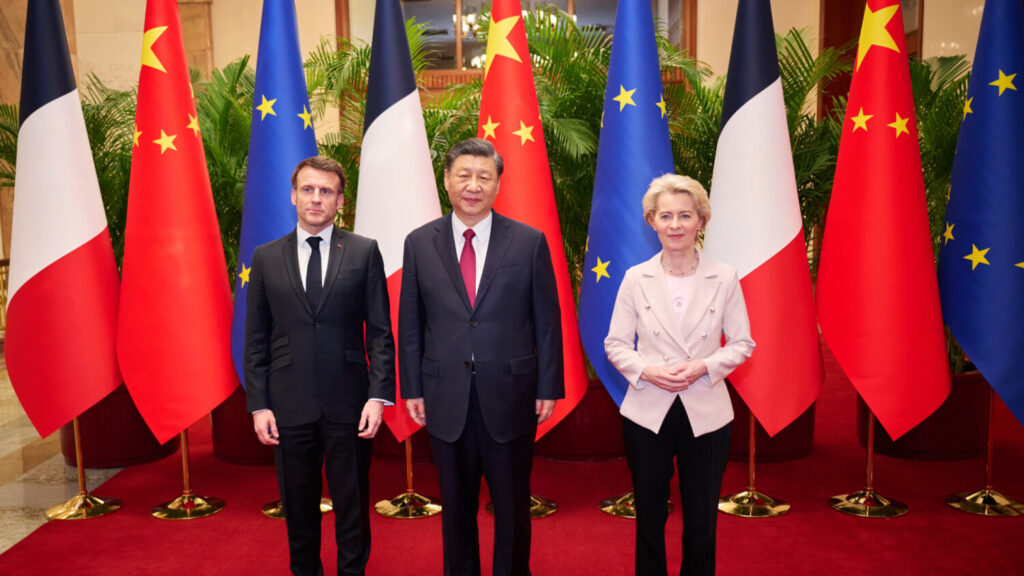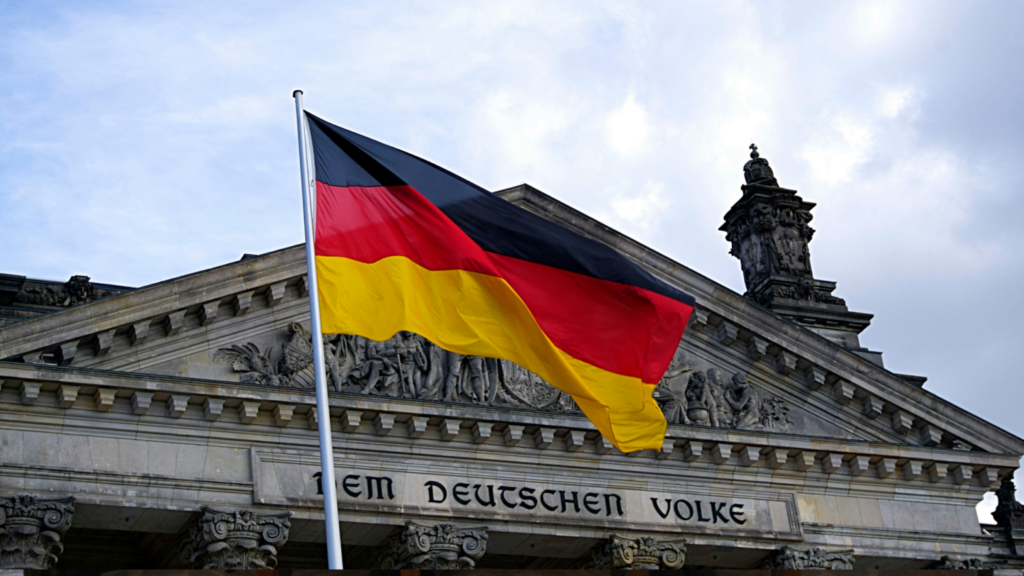From Ideology to Escalation: Assessing the Political Risk of Taiwan
The Chinese Communist Party’s (CCP) fixation on ideology is long-standing. In 1945, paramount leader Mao Zedong affirmed during a speech to the 7th Party Congress: “The Chinese Communist Party is the core of the Chinese revolution, and its guiding ideology is Marxism-Leninism.” Even before 1949, the foundation day. “China must never copy Western political systems… if we copied them, we would be in chaos,” said Deng Xiaoping in a meeting with U.S. Secretary of State George Shultz in 1986. When Xi Jinping took office in 2012, he proclaimed: “Realizing the great rejuvenation of the Chinese nation is the greatest dream of the Chinese people.” Today, China maintains a hybrid authoritarian-revisionist ideology shaped by Marxist-Leninist institutional roots, driven by nationalist civilizational narratives, and aimed at replacing Western primacy in global governance.
Autocracy vs. Democracy
As of 2025, China scores merely nine out of 100 on the Freedom Index (Freedom House), among the world’s lowest-scoring states, even below Iran, yet beyond North Korea. The liberal wave influenced China during the 1970s and 1980s, that a democratic resistance from student demonstrations that arose at Tiananmen Square in 1989, only resulting in a stronger grip over the state under the party by completely disabling political reform, isolating economic and political development.
The People’s Republic of China has consistently positioned itself against Western-led liberal democracy, both domestically and abroad. Through publicizing propaganda, proxy influence, and support for authoritarian regimes. Beijing has sought to shape global discourse, destabilize weaker states, and consolidate alliances with autocracies such as Russia, Iran, and North Korea, also known as a new axis of upheaval, which are set to confront the Western world one day.
In this geopolitical contest between the “free” and “unfree” worlds, Taiwan is a frontline outpost of liberal democracy and, to the PRC, a persistent irritant. The structural contradiction between mainland China and the self-governing island, magnified by Beijing’s broader rivalry with the West, has made a resort to force appear increasingly conceivable.
Thucydide’s Trap, a prominent political theory, explains that rising powers inevitably challenge established hegemons. At present, China is the rising power, and the U.S.-China competition will likely end with one side conceding dominance. China has developed its overseas naval bases, soft power, constructive roles across all the different regions around the globe, setting up an idea of the Chinese state as a global leader. Under Xi’s leadership, Beijing has massively expanded its overseas military presence.
Taiwan, in this broad context, is only a fraction of the prerequisite. In order to achieve global supremacy, seizing the island would give Beijing total control over the Taiwan Strait; a strategic chokepoint, which if controlled would mean tremendous leverage on terms of trade. Roughly 50% of global container traffic passes through. In short, this would mark a decisive step in replacing U.S global leadership and enforce China’s own rules on the international order.
An Indispensable Part of the National Narrative
China has persistently promoted the idea of a shared national identity between the Chinese and Taiwanese peoples. This can be interpreted with two purposes: the first being that China reinforces a collective, centralised image in which Taiwan is viewed as part of China, according to the most recent historical legacy. National pride is closely tied to the CCP’s achievements, making any perceived step toward reunification appear an emotionally charged victory for many citizens. Secondly, it provides ideological justification for the use of force. In a world of norms, legitimacy itself is a form of power; states seek to avoid the stigma of violating widely held norms. By embedding Taiwan into the Chinese national identity, Beijing makes political retreat almost impossible without undermining its own authority.
In this way, the emphasis of the Chinese government on nationalism ensures popular support for aggressive action. The prospect of invading Taiwan is no longer framed merely as patriotic, but as a duty.
China’s Marxist-Leninist ideology had defined its original communist outlook, which formed a single-party, centralised regime intolerant of dissent; a rising power intent on revising the global order, and a civilisation that draws deeply on nationalist sentiment to consolidate internal unity. Drawing on these factors, ideological rigidity, strategic ambition, and nationalism, it is clear that the likelihood of a forceful move against Taiwan are uncomfortably high.
Bibliography
- Allison, G. (2017). Destined for war: Can America and China escape Thucydides’s trap? Boston: Houghton Mifflin Harcourt.
- Department of Defense (2024). Military and security developments involving the People’s Republic of China: 2024 annual report to Congress. Washington, DC: Office of the Secretary of Defense. Available at https://media.defense.gov/2024/Dec/18/2003615520/-1/-1/0/MILITARY-AND-SECURITY-DEVELOPMENTS-INVOLVING-THE-PEOPLES-REPUBLIC-OF-CHINA-2024.PDF (Accessed: 30 July 2025). U.S. Department of Defense
- Freedom House (2025) China: Freedom in the World 2025 country report. Washington, DC: Freedom House. Available at: https://freedomhouse.org/country/china/freedom-world/2025 (Accessed: 30 July 2025). Freedom House
- Reuters (2025) ‘China maintains defence spending increase at 7.2% amid roiling geopolitical tensions’, Reuters, 5 March. Available at: https://www.reuters.com/world/china/china-maintains-defence-spending-increase-72-2025-03-05/ (Accessed: 30 July 2025). Reuters
- Tian, N., Da Silva, D. L., Scarazzato, L., and Wezeman, S. T. (2025). Trends in world military expenditure, 2024. Stockholm: Stockholm International Peace Research Institute (SIPRI Fact Sheet). Available at: https://www.sipri.org/sites/default/files/2025-04/2504_fs_milex_2024.pdf (Accessed: 30 July 2025). SIPRI
- Stockholm International Peace Research Institute (SIPRI) (2025). SIPRI military expenditure database. Available at: https://www.sipri.org/databases/milex (Accessed: 30 July 2025). SIPRI
- Yu, M. M. (2024) ‘The importance of being communist—evolution of China’s ideological orthodoxy and its vision for global dominance’, Hoover Institution Daily Report, 9 April. Available at: https://www.hoover.org/research/importance-being-communist-evolution-chinas-ideological-orthodoxy-and-its-vision-global (Accessed: 30 July 2025). Hoover Institution
- Fravel, M. T. (2019). Active defense: China’s military strategy since 1949. Princeton: Princeton University Press.



